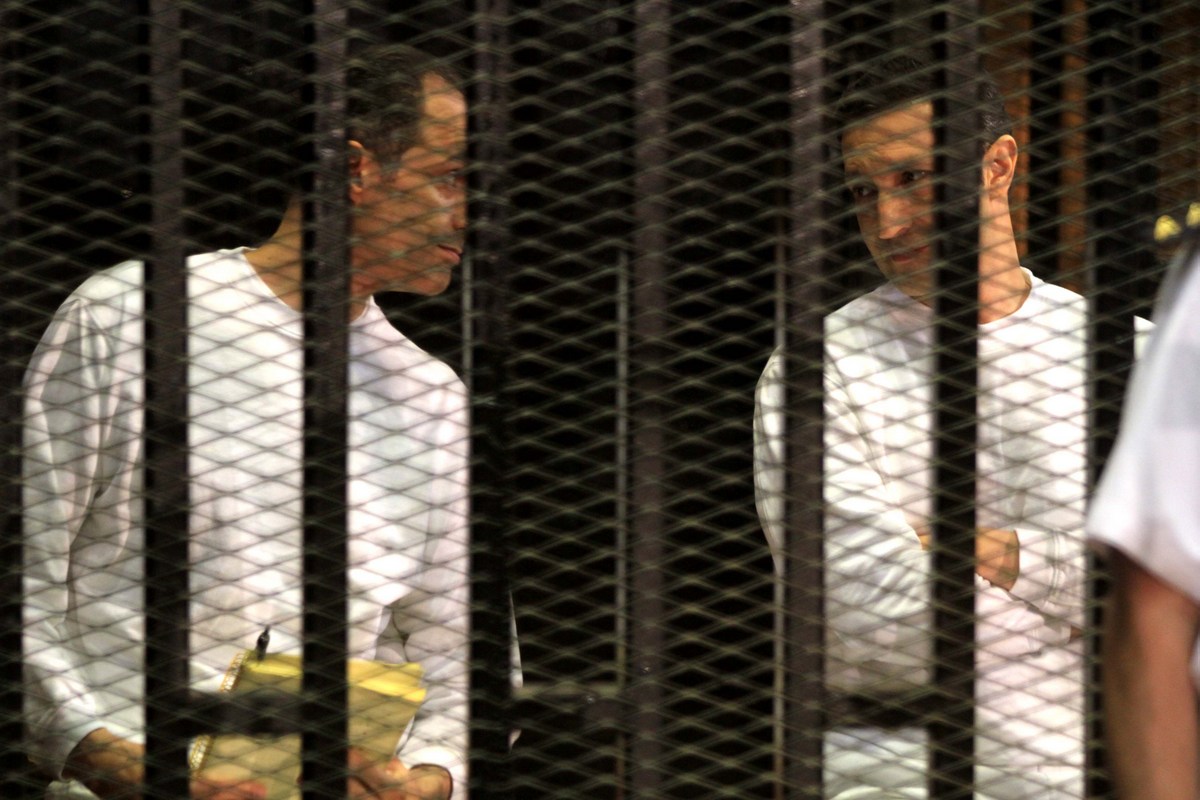JERUSALEM: International diplomatic efforts to salvage the peace talks kicked into high gear Friday with top EU and US officials set for a flurry of meetings in Jerusalem and Ramallah.
EU foreign policy chief Catherine Ashton held a breakfast meeting with Palestinian prime minister Salam Fayyad in the West Bank city of Ramallah before heading to Jerusalem for talks with Israeli Prime Minister Benjamin Netanyahu, her spokesman said.
She had met with Palestinian president Mahmoud Abbas late on Thursday shortly after arriving for 24 hours of intensive talks as part of US and EU efforts to rescue peace negotiations, which began on September 2 but are facing collapse over Israel’s refusal to extend a ban on West Bank settlement building.
US envoy George Mitchell, who arrived on Tuesday, was to meet Netanyahu during the morning, Israeli officials said. He was then to head to Ramallah where he would hold talks with Abbas at around 2:00 pm (1200 GMT) for what would be their second meeting in 24 hours, a Palestinian official said.
Mitchell and Abbas had held two hours of talks at the Palestinian leader’s Muqataa headquarters on Thursday, but there was no word about the outcome.
"We are determined to continue our efforts to find common ground between the parties to enable the direct negotiations to continue," Mitchell said after the talks, pledging to "continue our efforts intensively" in the coming days.
Both Mitchell and Ashton are fighting to persuade Abbas to stick with the negotiations despite Israel’s refusal to extend restrictions on settlement building in the occupied West Bank.
They are also hoping to persuade Netanyahu to reimpose the building ban — a step which until now he has steadfastly refused to take, largely due to internal political constraints.
The flurry of diplomatic activity came as Israeli media reports suggested Netanyahu had turned down a US offer of a comprehensive package of benefits in exchange for a two-month extension of the freeze on new settlement building, which were reportedly laid out in a letter.
The White House denied the existence of such a letter, and Israeli officials refused to comment on the reports which emerged earlier this week.
Israel’s refusal to extend the moratorium has brought the fledgling talks to the brink of collapse, with the Palestinians threatening to walk out if more Jewish settlements are built on land they want for a future state.
The moratorium expired on Sunday, but the Palestinians have said they will reserve a final decision on whether to withdraw from the talks until after Abbas has conferred with Arab foreign ministers.
That meeting had been due to take place in Cairo on October 4 but the Arab League postponed the summit to October 6 in order to help US-led efforts to save the talks, a spokesman told AFP on Thursday.
Cairo is pushing for the talks to be further delayed until October 8-9, when Arab diplomats are gathering in Libya, Egypt’s official MENA news agency said.
Efforts to press both leaders into to a compromise appeared to be flagging on Friday with a series of media reports that Netanyahu had turned down a generous offer of incentives from US President Barack Obama.
Details of the alleged offer were outlined in an article penned by US analyst David Makovsky who has ties to Obama adviser Dennis Ross.
Makovsky said the draft letter offered assurances on a range of peace and security issues as well as weapons deals in the event of Middle East peace deal.
But Netanyahu was minded not to accept the offer, he said.



